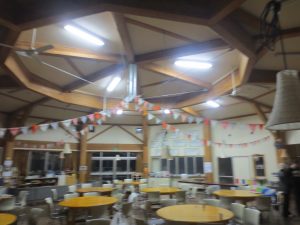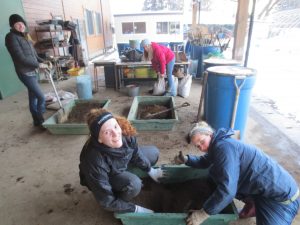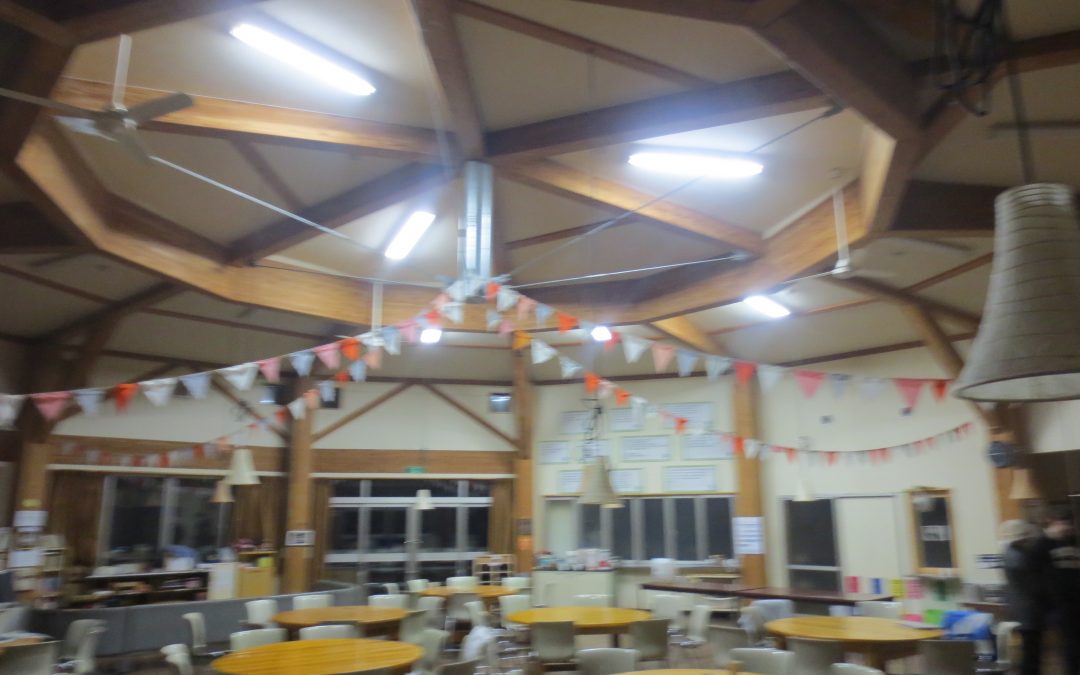
The term idealist and utopia may have lost its glamour for many in the twenty-first century, but at the Asian Rural Institute, they maintain that environmental sustainability is not a far-off dream. The only choice is for us to grasp it or let the earth slide between our fingertips.
What I am most impressed about ARI is not the vision itself, for many have thought and agree with the elements they follow. Rather it is the unique way they achieve their goal. These methods I will call ‘pragmatic idealism,’ or the pragmatic pursuit of idealistic goals. The areas in which they utilize pragmatic methods to achieve a harmonious community are manifold, but I shall outline a few that have caught my attention.
First, foodlife work is split into shifts and only for a specific period of time. This hardly seems revolutionary, but it is an important and thoughtful rule. From my own experience on a farm, it is both uniquely satisfying and exhausting. It is satisfying because you watch the entire life cycle of the plant from planting to harvest, but it is exhausting because the work is never-ending. To the completion hard-wired brains of modern society, that infinite cycle is a terrifying prospect. By aligning faith, work, and nature, the timed increments serve to put value in the work itself as opposed to the completion of any specific task (work stops even if a job is close to completion). This is compounded by placing Food-Life work before meals. This allows participants to have an appreciation of where their food comes from and the work that is required to produce it, compounding the process value (as food is a repetitive normal event) gained from foodlife work. Even language, such as foodlife, is chosen to identify the inseparability of food and life.
A chore schedule ensures equal participation in all chores, so all of the participants will do all of the work eventually. No member will get a grudge at doing harder work because the load will be shared by all in good time. Even the free time is before and after meals, only small enough times to encourage conversation or maybe play some music and games (provided of course in the dining area where you’re waiting). The schedule is kept busy enough to make it difficult to spend large chunks of time in the dormitory, time that could be spent fomenting unrest or causing isolation from the larger community. Internet only in the common area further discourages people from holing up in their rooms.
Watching this flourishing institute truly warms my heart. A break from theorizing and cynicism, it proves to me that the power of pragmatic idealism is one we should all embrace. High goals, pursued thoughtfully, energetically, and pragmatically, can make the world a better place.



